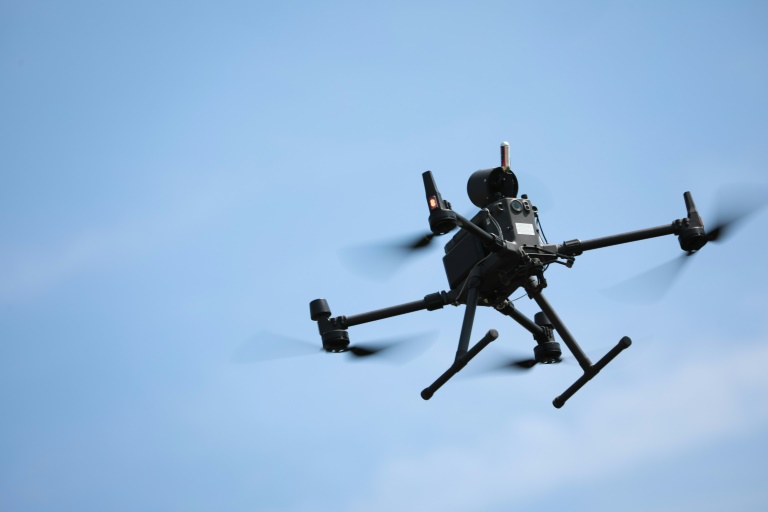Canada is contributing another $35 million worth of military equipment to Ukraine as the embattled Eastern European country’s allies meet to discuss its future needs, and as Russia’s full invasion edges toward the two-year mark.
Defence Minister Bill Blair, who participated in the Ukraine Defense Contact Group (UDCG) meeting via video link, said Canada is providing 10 Multirole Boats from Zodiac Hurricane Technologies, valued at approximately $20 million.
The rigid hull inflatable boats (RHIBs) are a favourite of Canadian Special Forces for commando operations. The Department of National Defence (DND) says they also can be used for search and rescue, troop and cargo transport, surveillance and reconnaissance.
Each boat has a sophisticated sensor, navigation and communications system, the department said in a media statement. The cost includes commercial training for the Ukrainian operators, as well as spares.
Blair also announced that Canada will pay for civilian instructors from Montreal-based Top Aces Inc. to train Ukrainian pilots to fly F-16s being donated by Norway, Denmark and the Netherlands.
Canada does not operate the U.S.-manufactured F-16 but they are used by Top Aces, a private company that offers a wide range of fighter jet instruction. Blair said the use of Top Aces’ aircraft for training is included in the $15-million training package.
The first Canadian-sponsored classes begin next month and will last for a year.
Canada is also donating English language training to Ukrainian Air Force personnel at the Canadian Forces Language School.
It’s not known at this time what other members of the UDCG are donating.
For the first time since U.S. Defense Secretary Lloyd Austin established the international group to support Ukraine in April 2022, the United States is hosting the monthly gathering without being able to contribute anything.
The Pentagon has run out of appropriation money and, for the time being, is unable to send the ammunition and missiles that Ukraine needs to fend off Russian forces.
While waiting for Congress to pass a budget that might approve more money for Ukraine’s fight, the U.S. will be looking to allies to bridge the gap.
“I urge this group to dig deep to provide Ukraine with more lifesaving ground-based air defence systems and interceptors,” Austin said in opening remarks broadcast from his home, where he is still recuperating after prostate cancer surgery.
The Canadian contribution came on the same day that NATO announced the signing of a major new investment agreement to produce artillery ammunition.
The $1.2-billion US contract to make tens of thousands of artillery rounds is intended to replenish the dwindling stocks of NATO member countries as they supply ammunition to Ukraine.
The contract will allow for the purchase of 220,000 rounds of 155-millimetre ammunition, the most sought-after artillery shell, according to NATO’s support and procurement agency. It will allow allies to backfill their arsenals and provide Ukraine with more ammunition.







